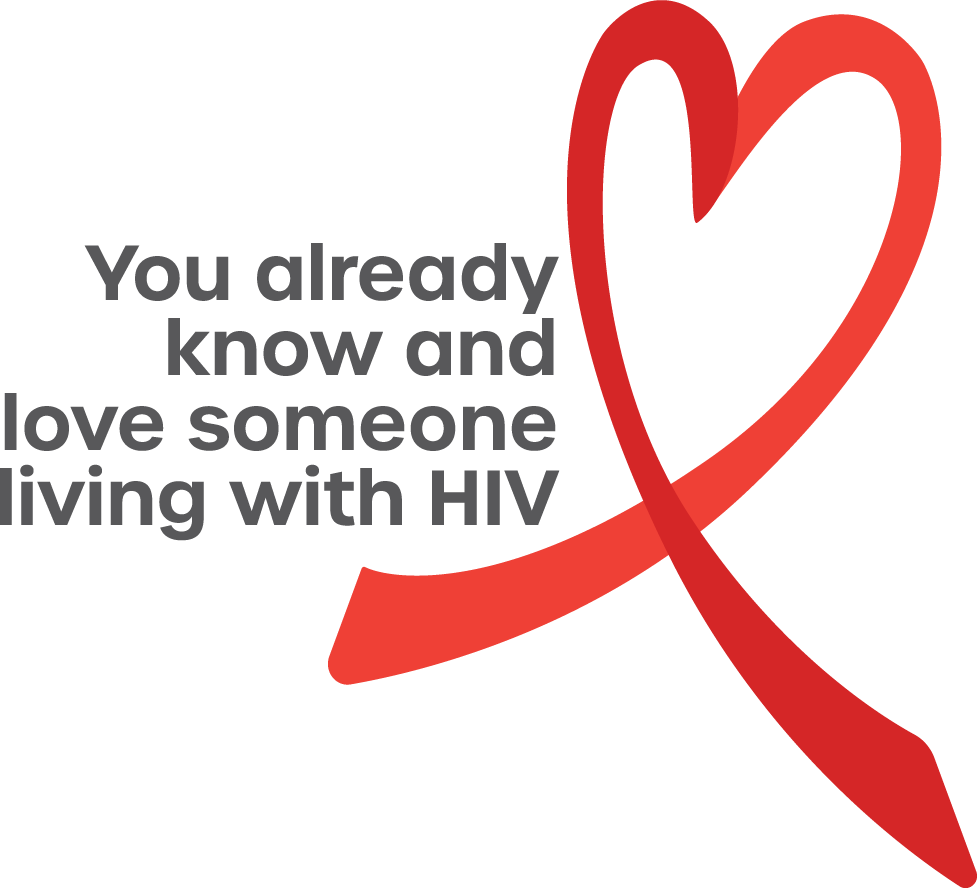MAKE A DATE WITH YOUR HEALTH CLINIC.
TALK. TEST. TREAT.
FAQ
Do I need to get Tested?
CDC recommends that everyone between the ages of 13 and 64 get tested for HIV at least once in their lifetime. For people with certain risk factors, CDC recommends getting tested at least once a year.
CDC recommends testing at least once a year for syphilis, chlamydia, and gonorrhea. Those who have multiple or anonymous partners should be tested more frequently (e.g., every 3 to 6 months).
What is PrEP?
PrEP (pre-exposure prophylaxis) is medicine that reduces your chances of getting HIV from sex or injection drug use. When taken as prescribed, PrEP is highly effective for preventing HIV.
Are there different types of PrEP?
There are two pills approved for use as PrEP: Truvada® and Descovy®. Truvada® is for people at risk through sex or injection drug use. Descovy® is for people at risk through sex. Descovy is not for people assigned female at birth who are at risk for HIV through receptive vaginal sex.
Apretude is the only shot approved for use as PrEP. Apretude is for people at risk through sex who weigh at least 77 pounds (35 kg).
How does Mpox spread?
Mpox is not a gay disease. The risk of mpox is not limited to people who are sexually active or men who have sex with men.
Anyone can get or spread mpox. Mpox is most commonly spread through close and sustained intimate contact, including:
- Direct “skin to skin” or “skin to mouth” contact with mpox rash, sores or scabs
- Sexual contact
- Touching, hugging, massaging, kissing
- Prolonged face to face contact with respiratory droplets from a person with mpox (less common)
- Pregnant people can spread the virus to their fetus through the placenta
- Animal to human transmission is also possible, ex. by being scratched or bitten by the animal or by preparing or eating meat or using products from an infected animal
A person with mpox is considered infectious from the beginning of symptoms. They can stay that way until sores have crusted, scabbed over, fallen off, and a fresh layer of healthy skin has formed underneath. This can often take several weeks.
What is being done to stop the spread of Mpox?
Our priority is to inform residents, communities, and healthcare partners about mpox virus symptoms, treatment, and vaccination. This is important because:
- Infected people can notice their symptoms early, stay away from others, and seek care and treatment from a healthcare provider
- Public health authorities and medical providers can identify cases early and notify close contacts and those who may have been exposed to mpox so they can be vaccinated to prevent infection
- Individuals who are eligible to get vaccinated for mpox can get vaccinated to protect themselves from getting infected. Learn more about vaccine eligibility






